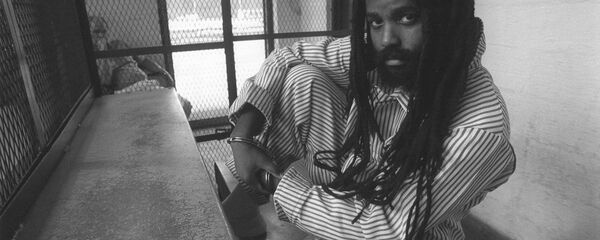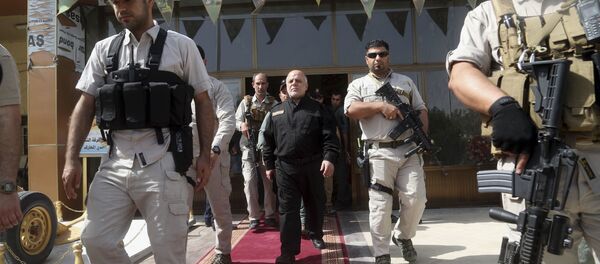Joseph Chen, lawyer for Chijoke Stephan Obioha, filed an Urgent Criminal Motion that was ultimately dismissed by Singapore’s Court of Appeal.
Ravi, a member of Singapore’s Anti-Death Penalty Campaign, calls Obiaha’s case, "possibly the longest delay between sentencing and execution," as the latter was first arrested in 2007 and sentenced in 2008.
Obioha, who first came to the country on a football trial, has been incarcerated for nine years, with eight of them on death row, according to Online Citizen.
The issue at hand in Chen’s motion was discerning whether Obioha’s "unprecedented mental anguish" qualifies as cruel and inhuman treatment under Singapore’s Constitution.
Ravi wrote in an article, "Chijioke has endured more than nine punishing years in prison. He has been detained not for the purposes of treatment nor rehabilitation but for the purposes of awaiting execution. He has faced unprecedented mental anguish. Changes to the law in 2012 gave him a glimmer of hope but this was again snatched away from him."
He has been assisting Chen with the case, and after the motion was rejected Ravi wrote on Facebook, "Chijioke is now being led to the prison to be executed in less than 11 hours. I understand that no one from his family is here to visit him or arrange his funeral. Another case of the death penalty being disproportionately imposed on the poor and the disadvantaged…"
International organizations including the United Nations, the European Union, Amnesty International, the Think Center, We Believe in Second Chances, and the International Federation for Human Rights (FIDH) have released statements criticizing the decision.
The EU released a statement saying, "The death penalty has not been shown in any way to act as a deterrent to crime. Furthermore, any errors — inevitable in any legal system — are irreversible."
The UN also feels like the punishment far outweighs the crime, stating, "Under international law, the death penalty may only be used for 'the most serious crimes' which has been interpreted to mean only crimes involving intentional killing.
Drug-related offences do not fall under the threshold of 'most serious crimes.' Furthermore, under domestic law, the death penalty is not mandatory for drug-related offences."
Since 2007, Obioha has not seen his family and they will not be able to be in Singapore to collect his remains after his execution.
The prisoner’s brother penned a letter saying that he was "Hard working and industrious," and that "our family miss(es) that brother, (a) son and uncle who always love to see our family united and happy. (An) educated brother and skilful in playing soccer, which was one of his dreams in Singapore. It was an unforgettable shock for the family to hear of his link to such (a) case. I have always been in constant contact with him since his stay in prison and he has always kept to his stance of innocence."




